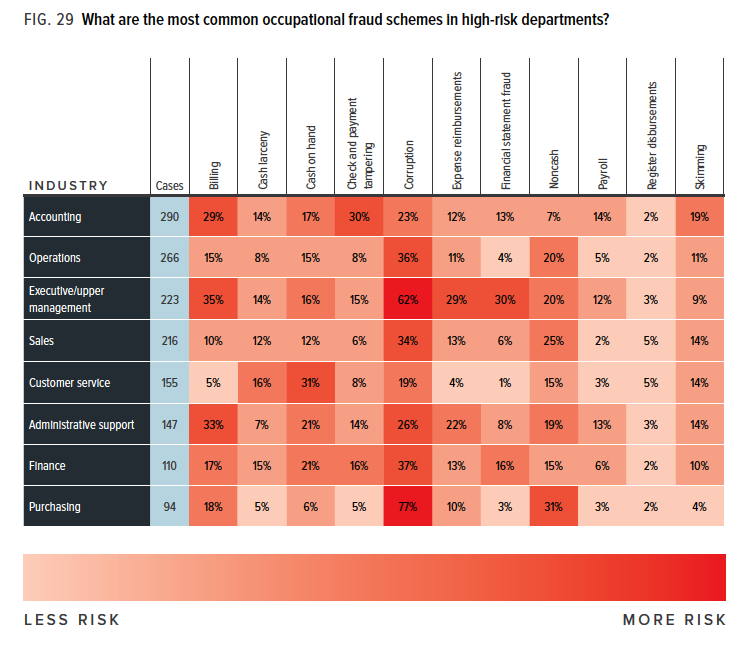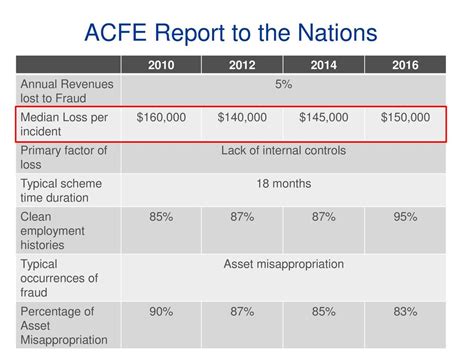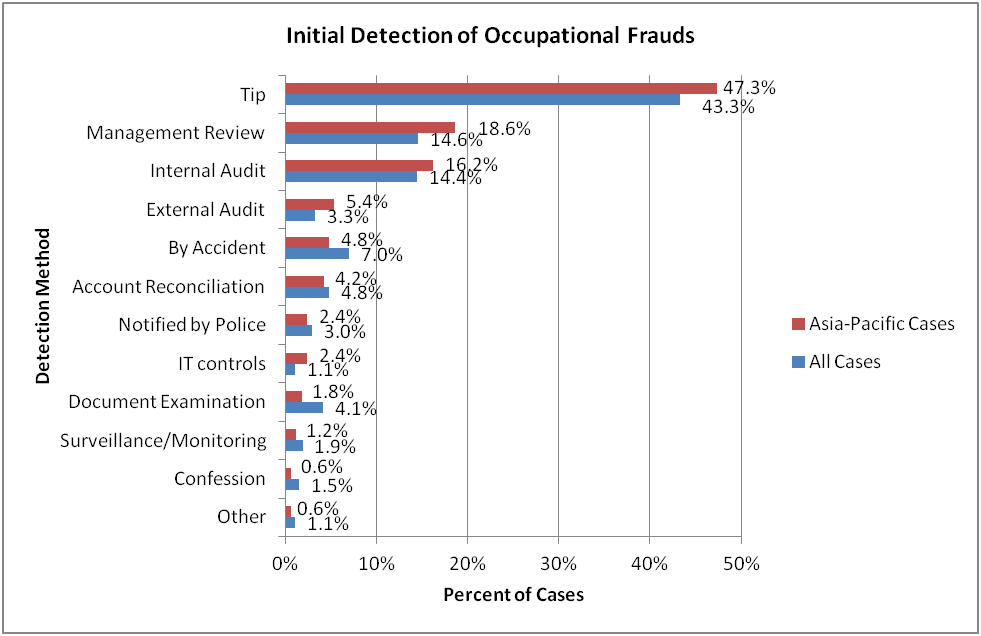
Former Boston City Councilor Sentenced to Prison: When news broke that former Boston City Councilor Tania Fernandes Anderson had been sentenced to federal prison in a corruption case, it shook the city to its core. Boston politics has seen plenty of drama, but this one hits different. Why? Because Anderson wasn’t just any councilor. She was a groundbreaker, a leader with a compelling immigrant story, and a role model for many who believed she would bring fresh energy into City Hall. But on September 5, 2025, Anderson stood in a federal courtroom and accepted her fate: one month in prison, three years of supervised release, and $13,000 in restitution. The charges? Wire fraud and theft of federal funds. The story of how a rising star crashed so fast is as much a cautionary tale as it is a headline.
Former Boston City Councilor Sentenced to Prison
The sentencing of Tania Fernandes Anderson is a wake-up call—not just for Boston, but for communities everywhere. Corruption doesn’t have to involve millions of dollars to matter. Even small schemes can destroy trust, damage communities, and ruin careers. Her story is a reminder that leadership comes with responsibility. For citizens, it’s a call to stay alert, demand transparency, and hold leaders accountable. Public service should never be about personal gain—it should always be about lifting the community higher.
| Detail | Summary |
|---|---|
| Person | Tania Fernandes Anderson, former Boston City Councilor (District 7) |
| Charges | Wire fraud and theft concerning federal funds |
| Sentence | 1 month in prison, 3 years supervised release, $13,000 restitution |
| Crime | Awarded $13K bonus to relative; demanded $7K back in cash, delivered in City Hall bathroom |
| Prosecutors Sought | 1 year + 1 day in prison |
| Judge’s Reasoning | Applied federal guidelines for first-time, low-level, nonviolent offenders |
| Reporting Date | Must self-report by October 17, 2025 |
| Official Source | Justice.gov |
Who Is Tania Fernandes Anderson?
Tania Fernandes Anderson came to the United States from Cape Verde as a young woman. She grew up in Boston, worked her way up through nonprofits, and gained a reputation as a fierce advocate for immigrants, working families, and marginalized communities.
In 2021, she made history when she was elected to the Boston City Council, representing District 7, which includes Roxbury, Dorchester, Fenway, and parts of the South End. She became the first African immigrant and Muslim American to hold a seat on the council. For many, her election symbolized progress and representation in a city still grappling with deep racial and economic divides.
She fought for affordable housing, immigrant rights, and social justice. But all of that came crashing down when investigators revealed her involvement in a kickback scheme.
How the Corruption Scheme Worked?
In 2023, Anderson approved a $13,000 “performance bonus” for a relative on her staff. This payment stood out immediately because it was twice as large as bonuses given to other staffers. Later, prosecutors revealed that she told the staffer to hand over $7,000 in cash back to her.
The kicker? The cash was reportedly handed to her in a City Hall bathroom. That image alone—an elected official pocketing taxpayer money behind closed doors—was enough to anger voters and stain her reputation permanently.
The scheme was small by federal corruption standards, but it was a textbook violation: taking public funds and redirecting them for personal use.
Public and Community Reaction On Former Boston City Councilor Sentenced to Prison
Reactions across Boston were mixed but passionate:
- Disappointment: Many voters felt betrayed, saying Anderson had broken the trust of communities that saw her as a beacon of hope.
- Supporters’ defense: Some argued she had accomplished a lot of good and deserved leniency, suggesting the punishment should reflect her positive impact as well.
- Criticism of media: Anderson herself lashed out at the press, arguing that coverage of her case was harsher because she is Black, Muslim, and an immigrant.
This reflects a wider debate about whether corruption cases involving politicians of color are reported differently—and more aggressively—than those involving white officials.

Why This Case Matters?
Corruption cases often get brushed off as “politics as usual,” but they shouldn’t be. Every misuse of public money is like taking food off someone’s table.
- Taxpayer dollars: Money meant for public good ended up in someone’s pocket.
- Trust erosion: Once communities stop trusting leaders, they disengage from democracy.
- Unfair advantage: Honest public officials are overshadowed when corruption taints the system.
According to the Association of Certified Fraud Examiners, organizations worldwide lose about 5% of revenue to fraud every year. For governments, that number translates into billions of wasted dollars—dollars that could fund schools, parks, and healthcare.
Prosecutors vs. Judge: The Sentencing Debate
Prosecutors wanted Anderson to serve one year and one day in prison. Their argument? A slap on the wrist would send the wrong message to other officials tempted to bend the rules.
But U.S. District Judge Indira Talwani disagreed. She pointed to federal sentencing guidelines, which recommend lighter sentences for first-time, nonviolent offenders. Her reasoning was that Anderson’s crime, while serious, didn’t warrant the same punishment as large-scale corruption rings.
This split highlights a bigger debate in the U.S. justice system: should white-collar criminals—often well-educated, influential people—face harsher sentences to deter misconduct? Or should guidelines ensure consistency even if the crimes spark public outrage?
The Broader Impact on Boston Politics
This scandal doesn’t exist in a vacuum. It has ripple effects across Boston:
- Voter trust: Local residents may grow more skeptical of city hall, potentially leading to lower voter turnout in future elections.
- Policy debates: Critics could use Anderson’s downfall to argue for stricter oversight on how city officials spend discretionary funds.
- Council dynamics: Colleagues may push for reforms to rebuild credibility with constituents.
For a city that already has a history of political corruption, this case adds to a long list that erodes confidence in local leadership.

Lessons for Professionals and Citizens
This case isn’t just about politics—it’s about human behavior, leadership, and accountability.
1. Transparency Is Non-Negotiable
If you manage money or staff, keep detailed, transparent records. Document decisions and explain them clearly.
2. Speak Up Early
If something feels shady, raise the alarm. Whistleblower protections exist for exactly these situations.
3. Don’t Cut Corners
Temptation can be real, but careers and reputations are fragile. A few thousand dollars isn’t worth losing a lifetime of hard work.
4. Leadership Means Service
True leaders put others first. Anderson’s downfall reminds us that titles don’t automatically make someone trustworthy—actions do.
A Guide: How to Spot Political Corruption
Want to know if something shady is happening? Here are steps citizens can use:
- Follow the money: Look at budgets and bonuses—anything that seems inflated deserves scrutiny.
- Compare practices: If one staffer gets more than everyone else, it’s worth asking why.
- Check public records: In Massachusetts, many spending records are public by law.
- Watch for secrecy: Closed-door deals and lack of documentation are red flags.
Boston’s Long History of Corruption
This case isn’t the first—and sadly won’t be the last. A few notable examples:
- Chuck Turner: In 2011, the Boston City Councilor was sentenced for accepting a $1,000 bribe linked to a liquor license.
- Dianne Wilkerson: The former state senator was sentenced to 3½ years in prison in 2011 for taking bribes stuffed into envelopes and even hidden in her bra.
Each case, like Anderson’s, may seem “small” in dollar value but huge in terms of eroded trust.
National Statistics on Public Corruption
The Justice Department’s Public Integrity Section reports that from 2020–2024, over 1,200 federal corruption cases were prosecuted.
- About three-quarters involved local or state officials.
- Kickback schemes and bribery are the most common forms.
- Sentences typically fall under 2 years for first-time offenders, showing a pattern similar to Anderson’s case.
These numbers reveal that while corruption cases may not always grab national headlines, they’re happening regularly and cost taxpayers dearly.
NC Man Sentenced to 19 Years in Prison for Running Ponzi Scheme
Former Oklahoma School Payroll Director Sentenced To 18 Months For Wire Fraud And Tax Evasion
Hope Travels Dragged Into Prosecution Over Major Tax Fraud Case











